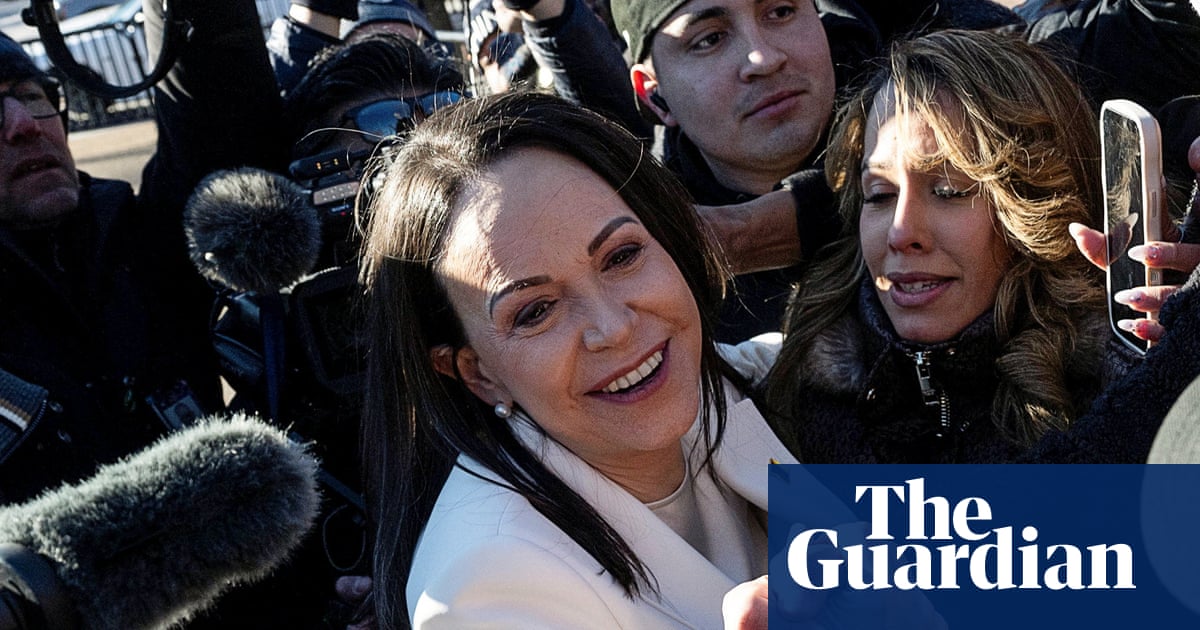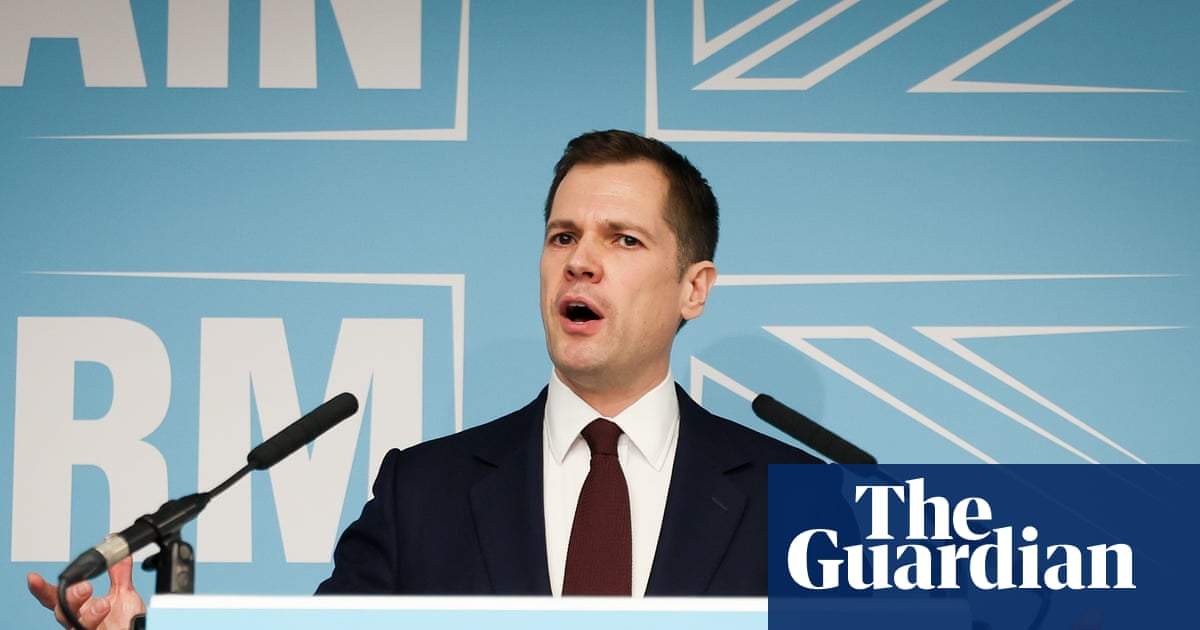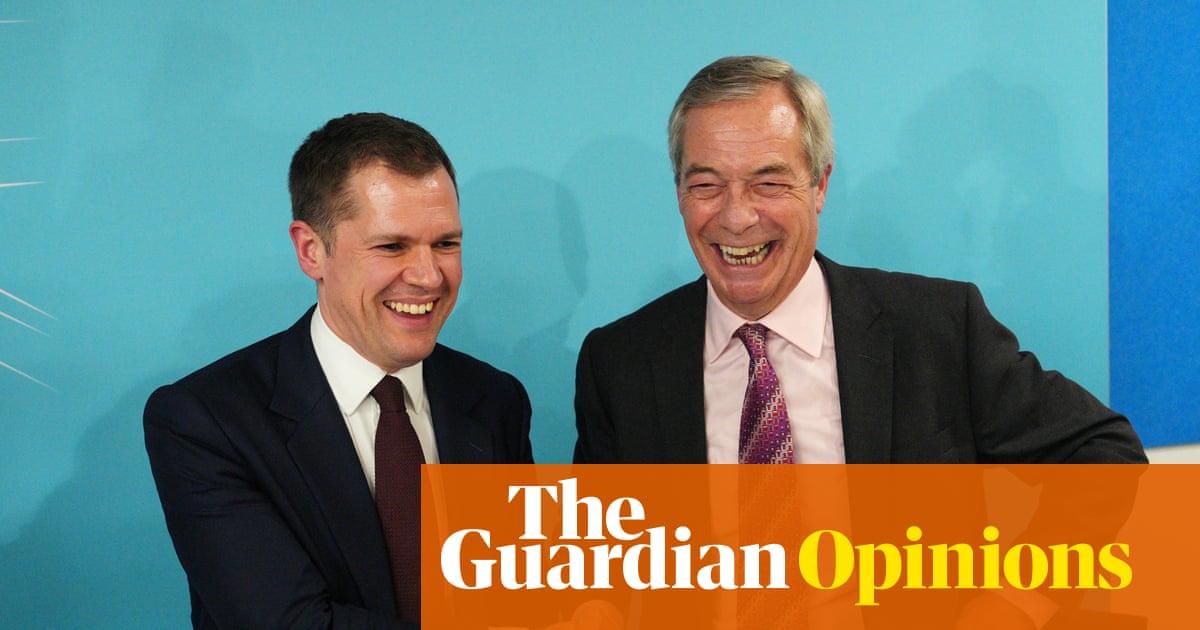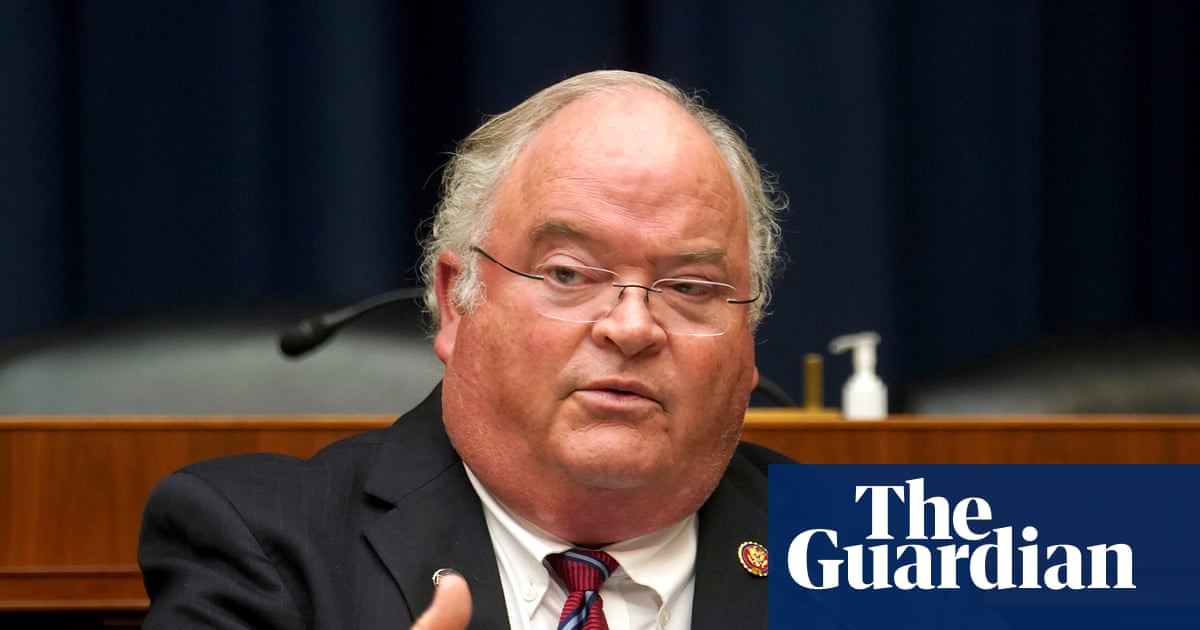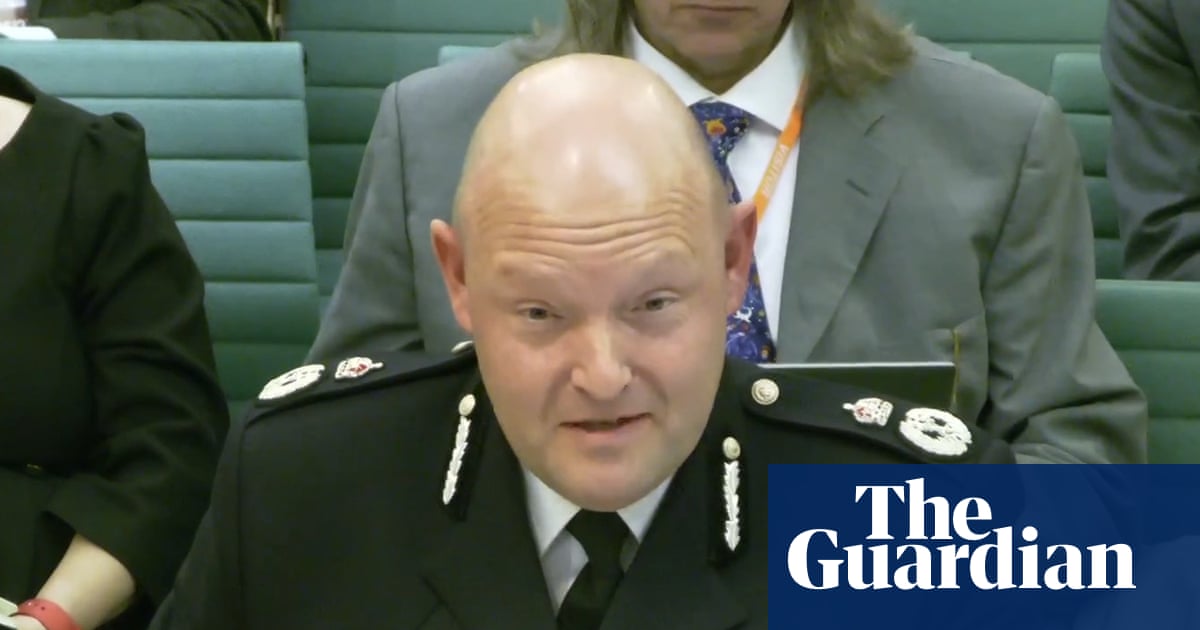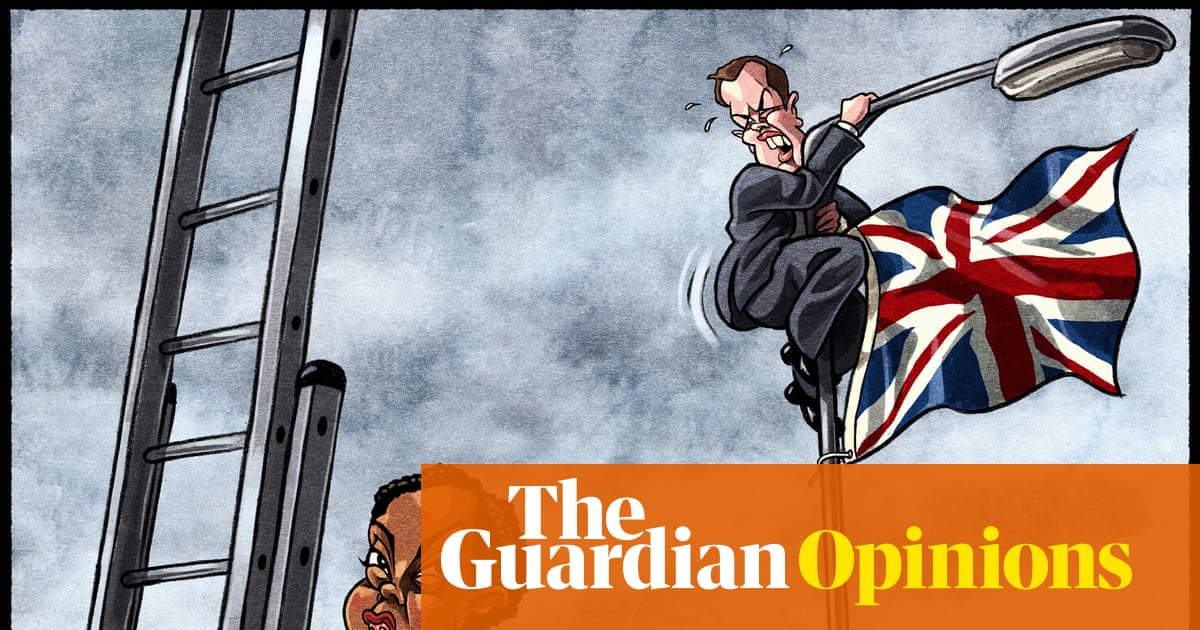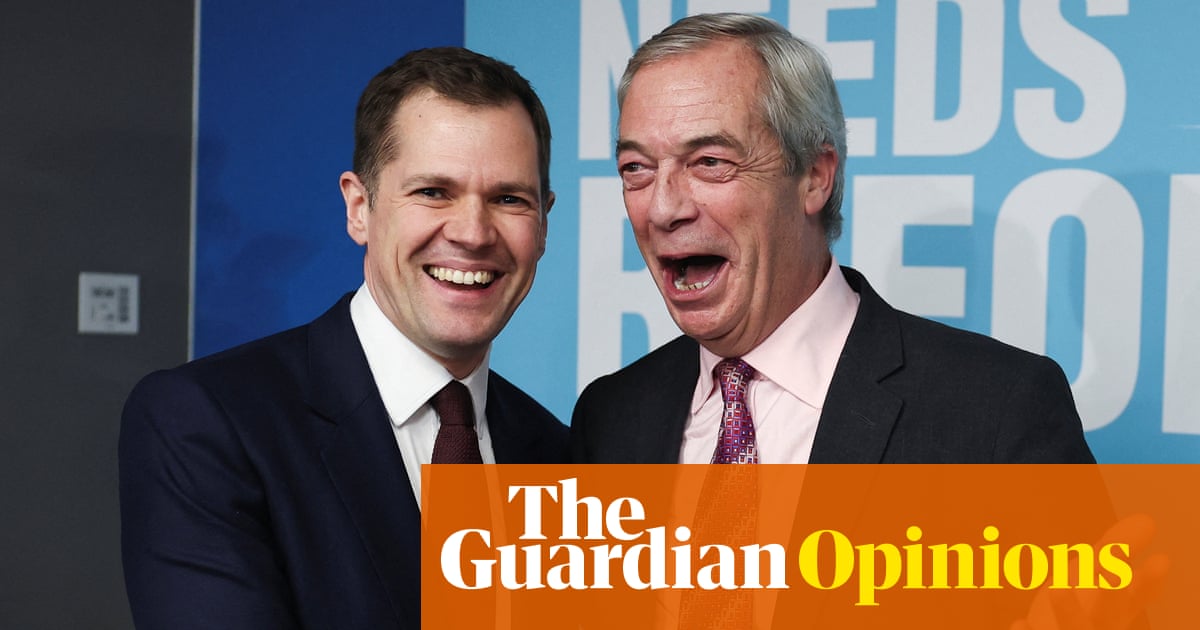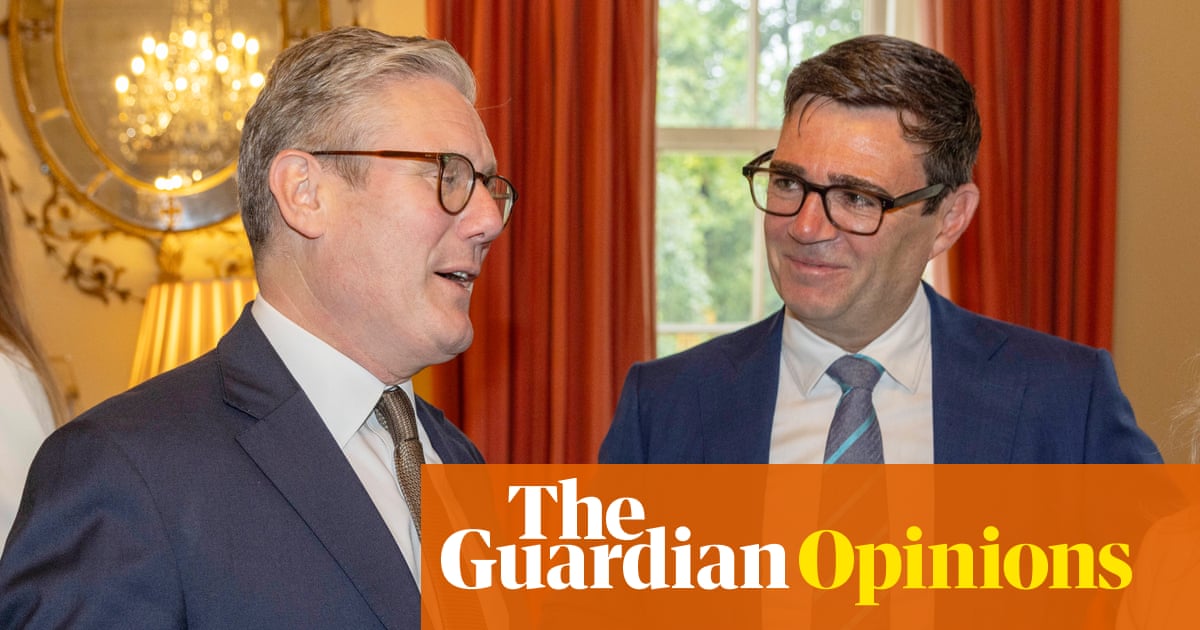If Keir Starmer’s election campaign was carrying a ming vase across an ice rink, then this budget – according to one minister – is like “wrestling a squirrel across a minefield”.
It is an allusion to the biggest risk for Rachel Reeves, not the markets or big business, but Labour MPs. It was those MPs who were the key audience for the chancellor’s highly unusual speech preparing the ground for possible income tax rises.
Downing Street insiders are talking openly about an imminent rise in income tax. “You don’t exactly have to be a genius to have worked out we’re doing it,” one said.
MPs are being buttered up with breakfasts in No 10 and professors and thinktank veterans are giving private lessons in Economics 101. Reeves has been seeing small groups by region, mostly as a listening exercise.
For a government with such a large majority, it would seem extraordinary to be so concerned about a parliamentary backlash. But the parliamentary Labour party has tasted power at the welfare vote.
“It’s colleagues who are having the most impact on the way the markets move,” one minister closely involved with the budget preparations said. “Whether it’s the two-child benefit cap or the mayor of Greater Manchester saying never mind the bond markets, it literally adds to our borrowing costs.”
“The welfare reform votes in the summer are still a massive issue for bond markets – if you read any analyst note it will still get mentioned,” another senior adviser said. “Before there was a headline assumption that the government has a massive majority and can do what it wants.”
But unlike on previous occastions, this time Downing Street is determined not to be caught off-guard by a backlash – especially if it intends to break its manifesto pledge and raise income tax.
No 10 has organised pre-budget “economic insight sessions” for Labour MPs with economists and former ministers, including Kitty Ussher, a former Treasury minister under Gordon Brown; James Kirkup, a former director of the Social Market Foundation; and Gregg McClymont, a former Labour MP and pensions expert. They have stressed the gravity of the Office for Budget Responsibility’s productivity downgrade and rising borrowing costs.
Most cabinet ministers and frontbenchers told the Guardian they were resigned to a possible breach of the manifesto.
“Tough choices have to be made wherever you look,” one cabinet minister said. “The key for me is that they have to come with a strong argument facing forwards, rooted in our values on fairness – not just blaming Tories, which is losing cut-through. And it needs to come alongside measures that help people with the cost of living.”
Those who are alarmed feel as if they will be ignored until it is too late. “I keep thinking, am I the only one who can see that this is mad?” one backbench MP said. Another said: “We can say it’s for public services all we like but it isn’t – it’s to fill a forecasting gap that we don’t think is right anyway.”
They pointed to polling suggesting the main reason voters were abandoning Labour was broken promises and the cost of living – “I don’t think these defectors will come back after that rise.”
Starmer has made significant efforts to woo back his MPs since before the Labour conference, setting out themes and tones of his speech to small groups in advance. He has had little choice but to be more proactive after an unpopular reshuffle and a summer dominated by Nigel Farage and Reform meant a leadership challenge was the talk of the tea rooms.
“They’ve realised no one is talking to the whips’ office because no one trusts them,” one Labour MP said. Suspicious MPs have dubbed it “the Wags’ office” because of how many new whips are married or related to key figures in the cabinet or No 10.
The outline of the budget has taken shape but the OBR will make one more revision after Friday’s forecast is handed to the Treasury. There is a chance a rise in income tax could still be averted if better-than-expected wage growth negates the impact of the productivity downgrade – or if Starmer loses his nerve.
But the chancellor remembers from the spring statement the horror of making panicked last-minute changes – one reason she is determined to go for additional headroom. When she last texted with her predecessor Jeremy Hunt, he reminisced about a budget when billions disappeared between forecasts.
She also has spending plans that need funding: the reversal of winter fuel and welfare cuts, the end of the two-child benefit cap, and help for households with fuel bills.
“I don’t think it will wash if we can find the money for digital ID and not to end the cap in some form,” one senior adviser said.
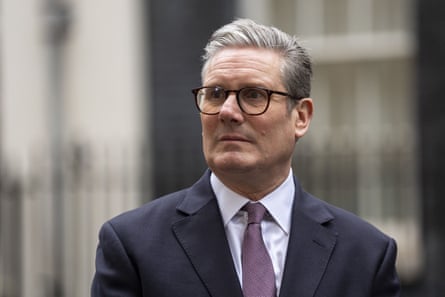
There remain some in Downing Street and the cabinet who are opposed to a rise in income tax, but they appear to have lost. “There is no worse signal we can send the markets – it shows yet again we have been held hostage by our party,” one Labour veteran said.
If Reeves raises income tax later this month, one unusual aspect is that its loudest advocates have come from Downing Street rather than the Treasury. Every week, advisers to both the prime minister and chancellor meet to thrash out what will go into Reeves’ speech.
The “budget board” has been a departure from normal budgets, which are decided behind closed doors by Treasury officials and often communicated to the prime minister only at the last minute. The aim is to give the prime minister confidence about what his chancellor is planning and tie him in more closely.
“Last year, the Treasury spent much of its planning time polling various measures to death,” said one senior government official. “That meant the budget got an OK reception immediately afterwards, but in the long term, it fell apart. That’s what we want to avoid.”
Another senior official said: “One of the reasons we had the disaster with winter fuel payments is that Downing Street was only brought into that decision at late notice, and they didn’t have time to scrutinise it properly. We’re determined to make sure that never happens again.”
The board is chaired jointly by Torsten Bell, the Treasury minister, and Minouche Shafik, Starmer’s chief economic adviser. Others include Darren Jones, the prime minister’s chief secretary; Morgan McSweeney, the chief of staff; Tim Allan, the communications director; Varun Chandra, the prime minister’s business adviser; and Ben Nunn, Reeves’ chief of staff.
Each decision feeds into an online dashboard showing public and financial impact. The team pays particular attention to distributional analyses, which show how each measure affects people differently.
“The debate was over how bold we needed to be in terms of headroom,” said one aide. “Some on the board wanted to be as bold as possible so we never have to do this again, and that means raising income tax.”
Another issue that has been pushed by No 10 more than the Treasury has been relief on energy bills. The Guardian revealed this week that the chancellor is planning a multibillion package of cuts to VAT and levies after the prime minister demanded that the government should shave £170 off the average bill.
For many MPs, ending the two-child benefit cap preoccupies minds more than a rise in income tax. Cabinet ministers are confident it will happen and it was the main topic when Starmer addressed the PLP on Monday night.
Officials say few MPs even mentioned the possible rise in income tax during engagement. The Guardian spoke to more than a dozen MPs who have been in meetings over the past week; just two said that it had been raised.
“I think everyone accepts it as necessary to be honest,” a senior MP said. “Best to go for broadest possible base now and hope for headroom towards end of parliament. Rip the band aid off.”
Another minister went further, saying Reeves and Starmer should explicitly apologise for making the tax pledge in the first place “whilst explaining how the tax rises are going to help to rebuild our public services and act as a springboard for economic growth”.
One new MP in a marginal seat said: “We’ve been paralysed by having too little headroom and that debate dominating everything. I’d much rather run a re-election campaign on the strength of four years of investment in public services, and help on cost of living for those who most need it.”

 2 months ago
43
2 months ago
43
